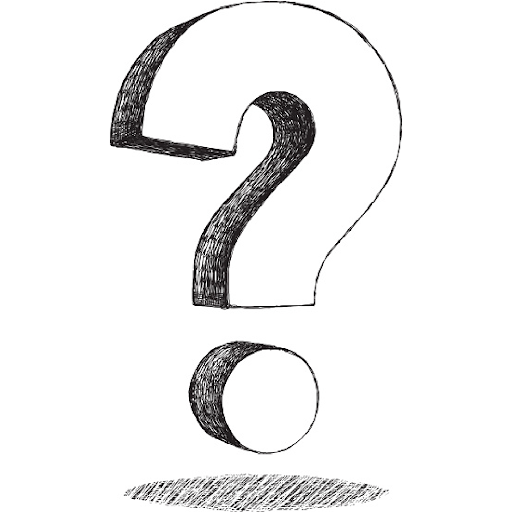Our President (Kenya) has just given an address and update on #COVID19 (25th March 2020). Here is a breakdown to what this may mean financially to you as an individual or a business.
- If you were earning Kshs 24,000 (and less) per month you were paying some tax. You will now not be taxed and you will take home the entire Kshs 24,000.
- A.Y.E (Pay As You Earn) rate has been reduced from a maximum of 30% to 25%. Remembering that PAYE is done on a graduated scale, if you earn a gross income Kshs 100,000, there will be approximately Kshs 2,600 extra in your pocket. If you earn a gross income of Kshs 150,000 there will be approximately Kshs 5,000. Gross income is the top figure on your pay slip – what you pay before tax, loans and other deductions. This is subject to parliamentary approval.
- Say you run a business and you were making a profit of Kshs 1,000,000. Profit is what your clients paid you for the goods and services (revenue) less costs or expenses. For example, if you own a furniture business and sold a chair for Kshs 5,000 that is revenue. However, you will have incurred costs such as labour, materials etc. adding up to Kshs 3,000. Profit is the difference i.e. Kshs 2,000 (5,000 – 3,000). You then did 500 chairs in a year hence total profit is Kshs 1,000,000. On this profit you would have paid corporate tax of 30%. You will now pay Kshs 250,000 so an extra Kshs 50,000 in your pocket. This is subject to parliamentary approval.
- If you have a small business and have revenues less than Kshs 5 million per year, you pay what is called turnover tax. Previously this was 3% p.a. So, if your revenues are indeed Kshs 5 million every year, your tax would be Kshs 150,000. This turnover tax has now been reduced to 1% so you will only pay Kshs 50,000. This is subject to parliamentary approval.
- VAT had been reduced from 16% to 14% as of April 1st, 2020. This is how VAT works. Say you build websites and charge 100,000. Typically, you would invoice your client for Kshs 100,000 plus VAT. At the old rate the client would pay you a total of Kshs 116,000. Every month you have to give KRA the Kshs 16,000 (it is not yours to keep). Now you will invoice the client Kshs 114,000 and give KRA Kshs 14,000.
- When you go the supermarket and pay Kshs 500 for something (could be a drink, soap etc.) VAT has already been included. Now you should pay slightly less. This is effective April1st.
- If you default on loan repayments, you are listed with the Credit Reference Bureau. Think about CRB as a database that is accessible by all banks and lenders. You would then find it very hard to access credit. Now if you are in arrears as at April 1st on loans because of the negative effects of COVID-19, you will not be listed with the CRB. This is possibly in reaction to the fact that many people have lost some or all of their incomes and are currently unable to service loans.
- Your loans should cost you less as the CBR rate has been reduced. CBR is the rate at which commercial banks borrow from the Central Bank. The Central Bank has also reduced the amount of cash the banks need to hold with the CBK (known as cash reserve ratio) to encourage the banks to accommodate people who cannot afford to service loans at this point. This is however a case to case basis and is subject to agreement between you and your bank.
- Your elderly relatives could also receive some cash support during this time. Exact implementation details are unknown but worth keeping an eye on.
- If you have pending payments from the Government, funds may be released within three weeks. Private sector has also been encouraged to release much needed payments to suppliers.
Please note some of the proposals made are still subject to approval by parliament. Figures used for calculation of tax are just for guidance and not exact figures. This article is for information and explanation purposes only. It does not represent views and opinions of the author. Please get advise before making any adjustments.

